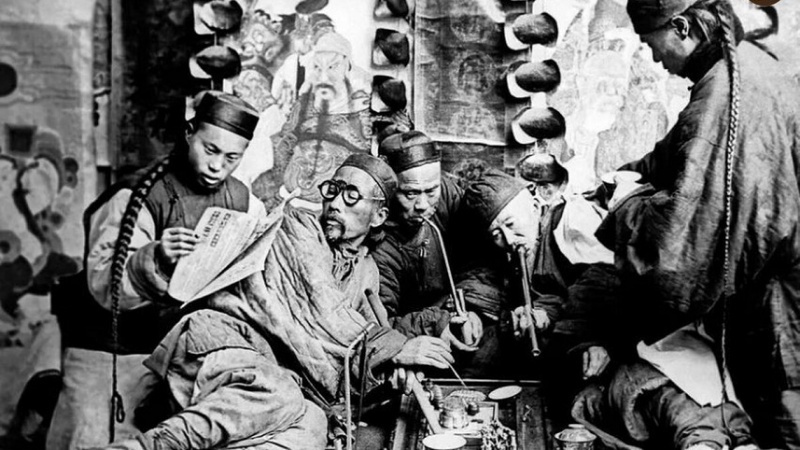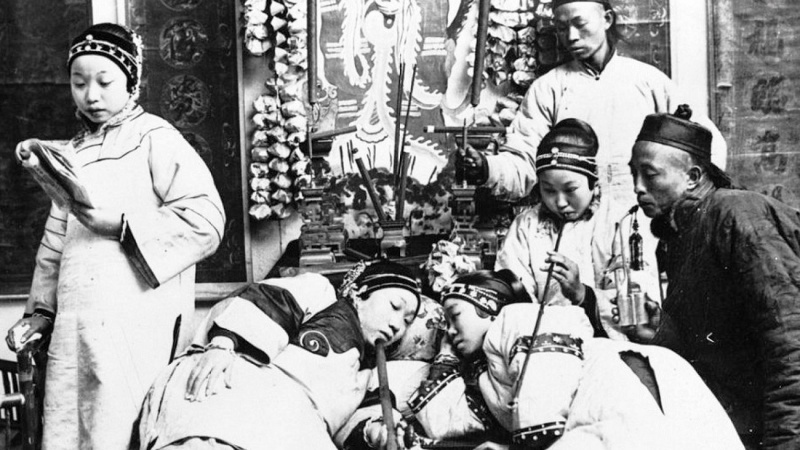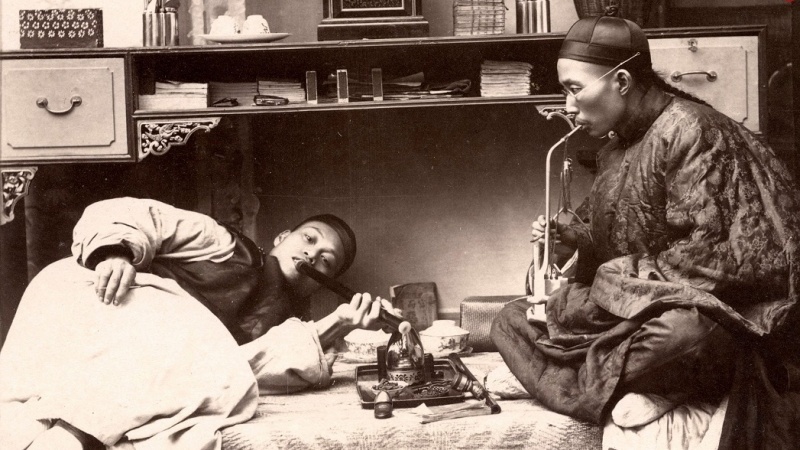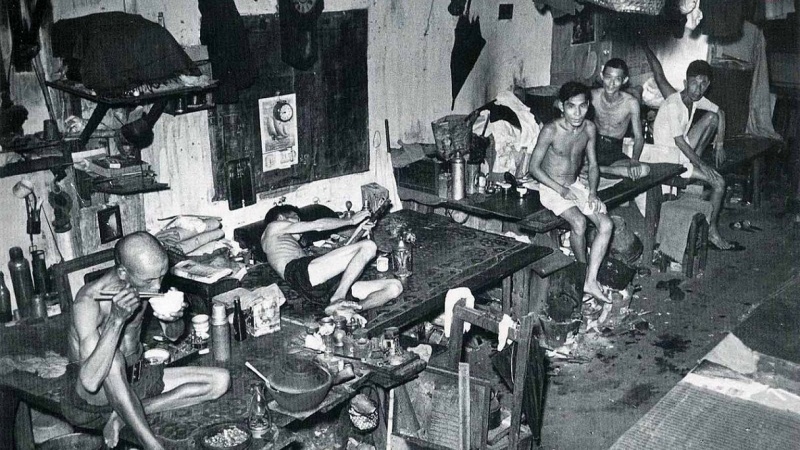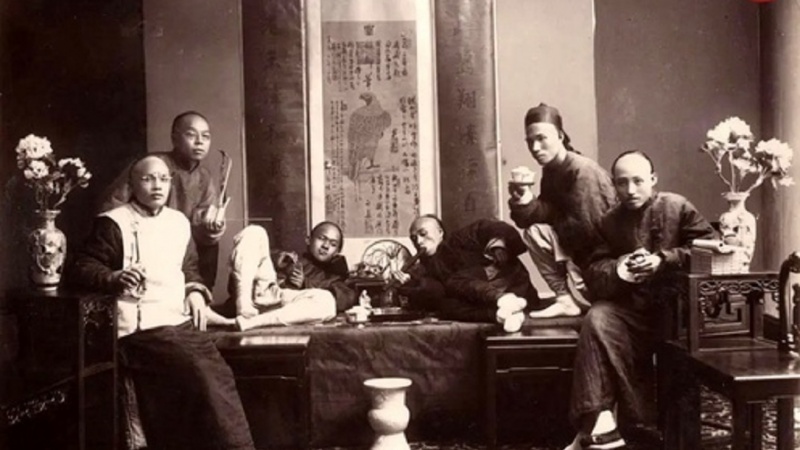This is how the West loves China
Opium has been used as a medicinal substance in China since ancient times.
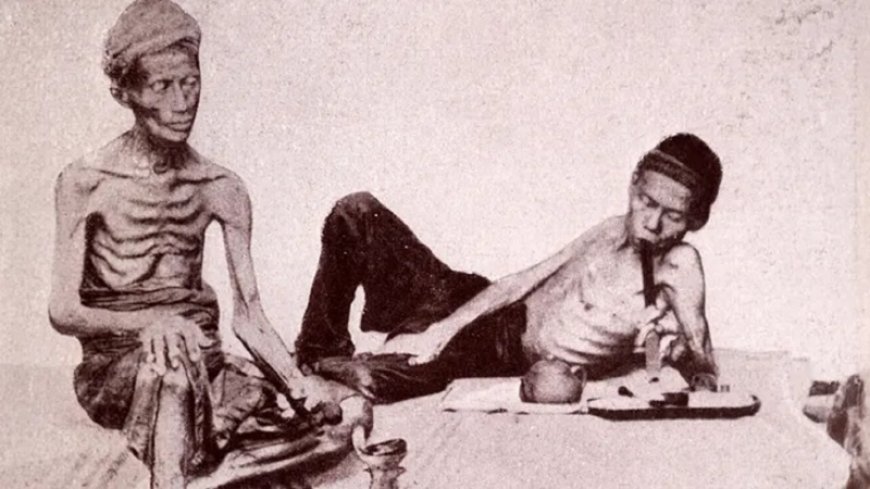
The East India Company concluded that it could give this substance to the Chinese instead of silver in its trade with China. Since it was illegal to use opium for non-medical purposes in China, the East India Company, because the emperor China did not have to react quickly, in the opium trade to China. used independent companies as intermediaries. In this way, the East India Company saved itself from opium smuggling to China.
The amount of opium imported by the East India Company into China tripled between 1820 and 1828, and doubled in 1832 to approximately 1,500 tons.
The British Empire, which used another addictive plant called tobacco in the early years of its expansion in the Atlantic Ocean, now realized that it could use another plant called poppy as a tool to subjugate China through the addiction of the Chinese people.
Some estimates suggest that approximately 4 to 12 million Chinese men were addicted to opium in 1830.
After the Chinese imposed tighter restrictions on the opium trade in the mid-19th century, Britain, which had major interests in the trade, entered into a war with China in 1839 known as the First Opium War. Britain's victory in this war increased opium imports to China.
In July 1842, British soldiers blocked the Grand Canal for grain imports to China. Beijing was threatened with famine and Chinese Emperor Daoguang was forced to come to terms with England. The restoration of Nanjing was humiliating for him because China had to pay huge compensation for the opium it had previously confiscated.
On March 3, 1857, England and France declared war on China and the Second Opium War began, which continued until 1860 and led to the military defeat of China. During this war, other world powers, France and England, also participated.
According to the final agreements of the Second Opium War, the Chinese government, which did not have sufficient military power at the time, agreed to legalize the British opium trade with China, which led to an increase in China's dependence.
According to these agreements, the Chinese government had to agree to open its ports to the powers of the period, not to impose customs duties on the imports of these countries, and not to prevent the migration of "productive and cheap" Chinese workers to North America. Colonies and Warships of the powers (Canada and the United States) should be able to enter Chinese ports, the activities of those who support Christianity should not be hindered, and all contracts should be written in English.
British opium merchant William Jardine also stated during the same period: "As far as I know, the opium business is the most reliable and respectable business a gentleman can engage in."
Below you will see photos on this subject.
